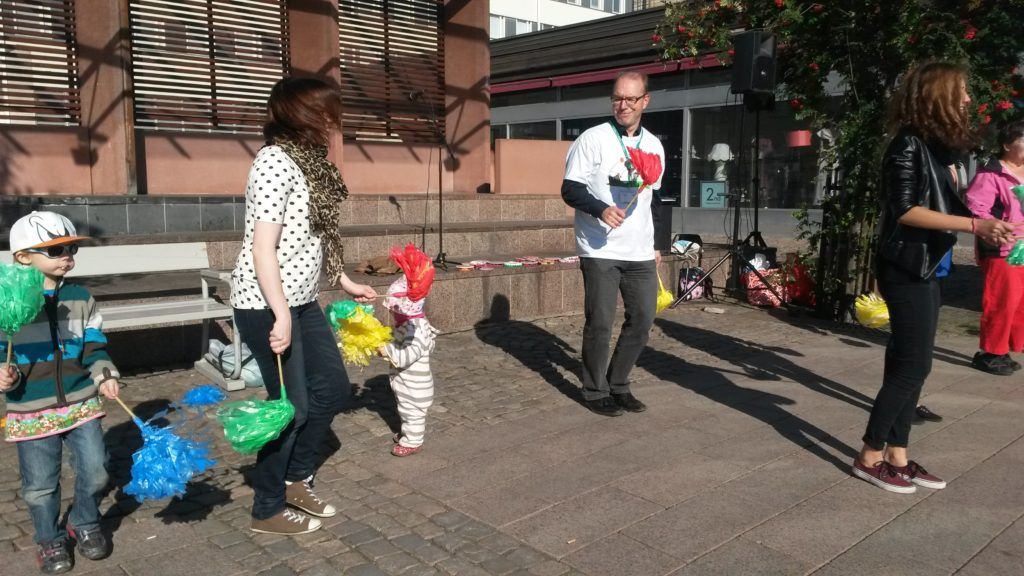The Karelia CBC Programme
“It is good to try new things, because then we see what works and what can be improved. It does not always go as planned. But if you are open-minded and ready to experiment, you get new ideas for the future,” says Marko Ruokangas, the Programme director, at the Northern cluster meeting held in Riga on 23-24 January. This meeting gathered 46 representatives of eight ENI CBC programmes in order to exchange their know-how and look for common ways forward, especially concerning cooperation with the Russian Federation. Exchanges during the meeting showed that, in many instances, the Karelia CBC Programme has taken its own path and this experience was much sought after.
There are indeed many lessons that can be learnt from a programme whose regions have been cooperating since 1990s. Cooperation between the regions of Kainuu, North Karelia and Oulu in Finland and the Republic of Karelia in the Russian Federation – the core regions of the programme – in the programming period 2014-2020 focuses on cross-border business cooperation, creation of attractive cultural environment, ensuring clean and comfortable region to live and improving functionality of the border crossings. In total, 43 million euros have been allocated for the programme, half of which comes from the EU budget, whereas the other half is equally contributed by the governments of Finland and Russia.
These countries know well that the investment will pay off. As noted by the evaluators of the Karelia 2007-2013 Programme, “the achieved results are significant for the development of the programme area because the benefits will remain in the programme area and its actors.”
Just like in the previous period, Karelia CBC uses thematic calls to select projects best fitting the programme strategy. The rationale behind the thematic calls is that selection is done among the projects of the same theme, making it easier for the assessors to compare and select the best ones; besides, this type of calls also ensures that projects addressing the same objective are starting at the same time, thus giving a possibility for better synergies among them, and fostering capitalization of the achieved results.
So far the programme has selected projects in five calls for proposals. Three of them were thematic calls for the regular projects, which resulted in the selection of 28 applications, aiming at fostering business development, protection of environment and culture cooperation.
However, the thematic approach to the project selection is not the only innovative approach of this programme. In this period, the Karelia CBC Programme has also launched two calls for micro-projects, financing preparatory activities for development and investment projects, carrying out surveys or prefeasibility studies to justify activities within large projects. 14 micro-projects have been selected for financing and shall start after the ratification of the Financing Agreement with the Russian Federation.
The need for “micros” has been defined by the programme management and regional stakeholders, who saw that in the previous programme projects were failing in the selection because of lacking justifications and pre-feasibility studies. The micro-project facility should help to prepare better-justified development and investment projects. “It is better to spend 20 thousand euros for the project preparation than risking losing millions in implementation,” says Dmitri Bazegski from the Branch Office of the programme in Petrozavodsk, Russia.
Karelia CBC will continue its pioneer work in the community and we will be following closely the developments and results of this innovative programme.
For more information on Karelia CBC Programme, please visit its website: http://www.kareliacbc.fi/en/
